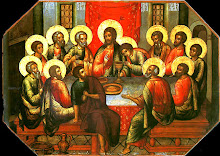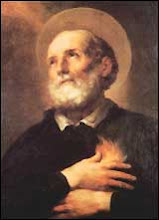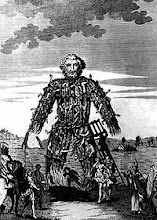The inimitable Spengler reviews of
Resurrection - The Power of God for Christians and Jews by Kevin J Madigan and Jon D Levenson:
Resurrection draws a red line from the earliest response to death in the Hebrew Bible, to the promise of resurrection in the flesh in the 2nd century BC Book of Daniel and in Christian doctrine. Madigan and Levenson show how basic to Jewish and Christian belief is the promise that a loving God will redeem his faithful from death, in the full unity of body and soul. This is the promise of redemption that has sustained Jews and Christians through the centuries, and given them a perception that their life in this world participates in eternal life. Thus they are alive even in death.
He also takes time to level a jolt of reality at contemporary secular materialism:
It is a conceit of modern materialism that identity no longer is social, but rather individual; we choose our pleasures, and, if the mood strikes us, shop for a religion the way we might choose a neighborhood. We fancy ourselves rational beings. If we are not quite beyond good and evil, for law and custom still discourage rapine and murder, we certainly are beyond sin and redemption, which we have replaced by stress and therapy.
Modern materialism has weaned the industrial world off spiritual food, like the thrifty farmer who trained his donkey to eat less by reducing its rations each day. "Just when I got I had him trained to live on nothing," the farmer complained, "the donkey had to die!" Like the donkey, the modern world has died when its spiritual rations were cut to nothing. We refuse to acknowledge that our deepest needs are no different from those of Biblical man. We fail to nourish them and we die.
And he also notes what the Syrian Arabic poet 'Adonis' says about the despair of the Scimitar without hope of the Resurrection:
In a recent interview, he described the three hundred million Arabs as already an extinct people: "We have become extinct ... We have the masses of people, but a people becomes extinct when it no longer has a creative capacity, and the capacity to change its world ... The great Sumerians became extinct, the great Greeks became extinct, and the Pharaohs became extinct."
Madigan and Levenson's book seems a vital contribution.
Spengler’s review as with all his work is worth the time to read.








No comments:
Post a Comment